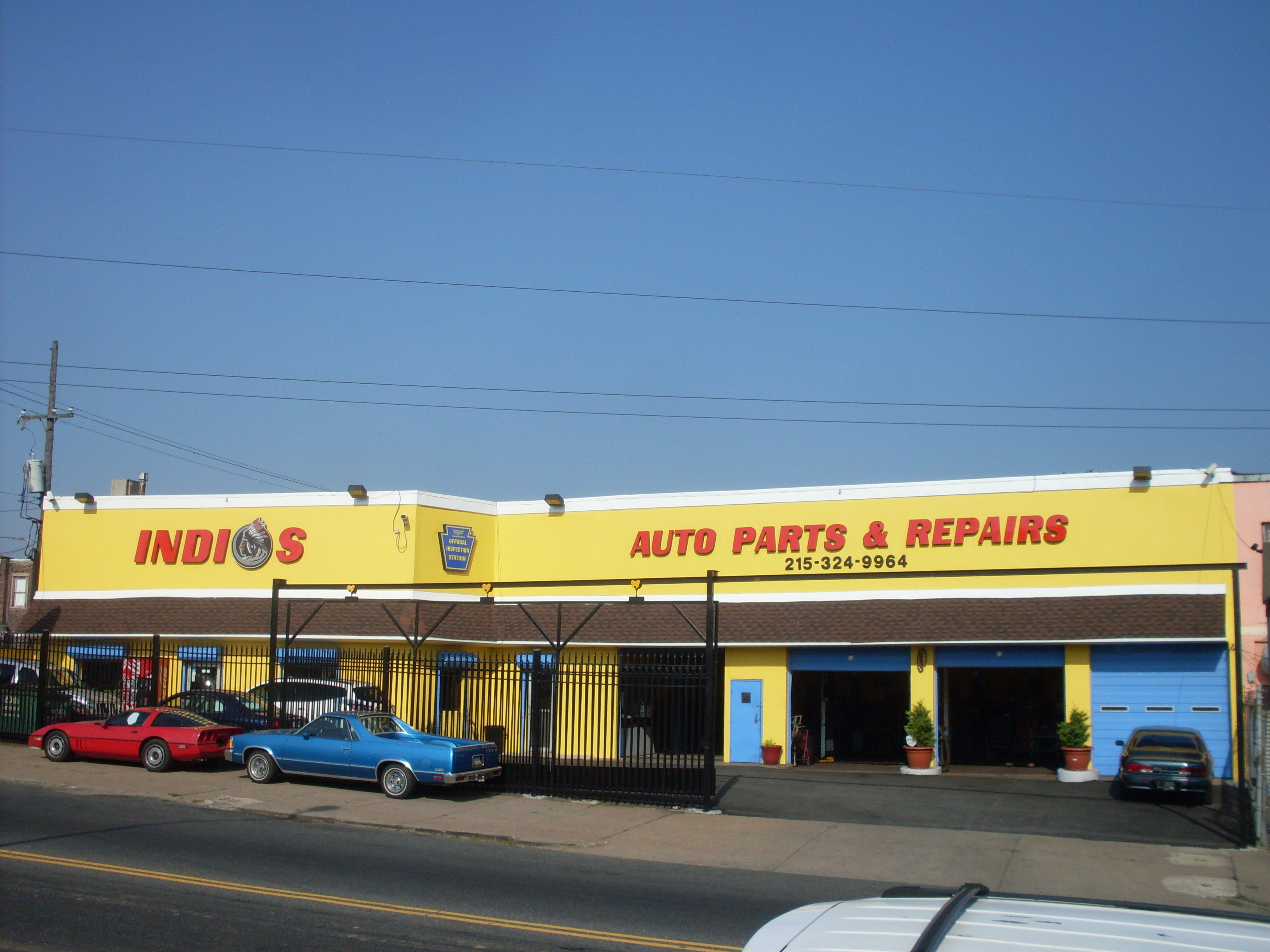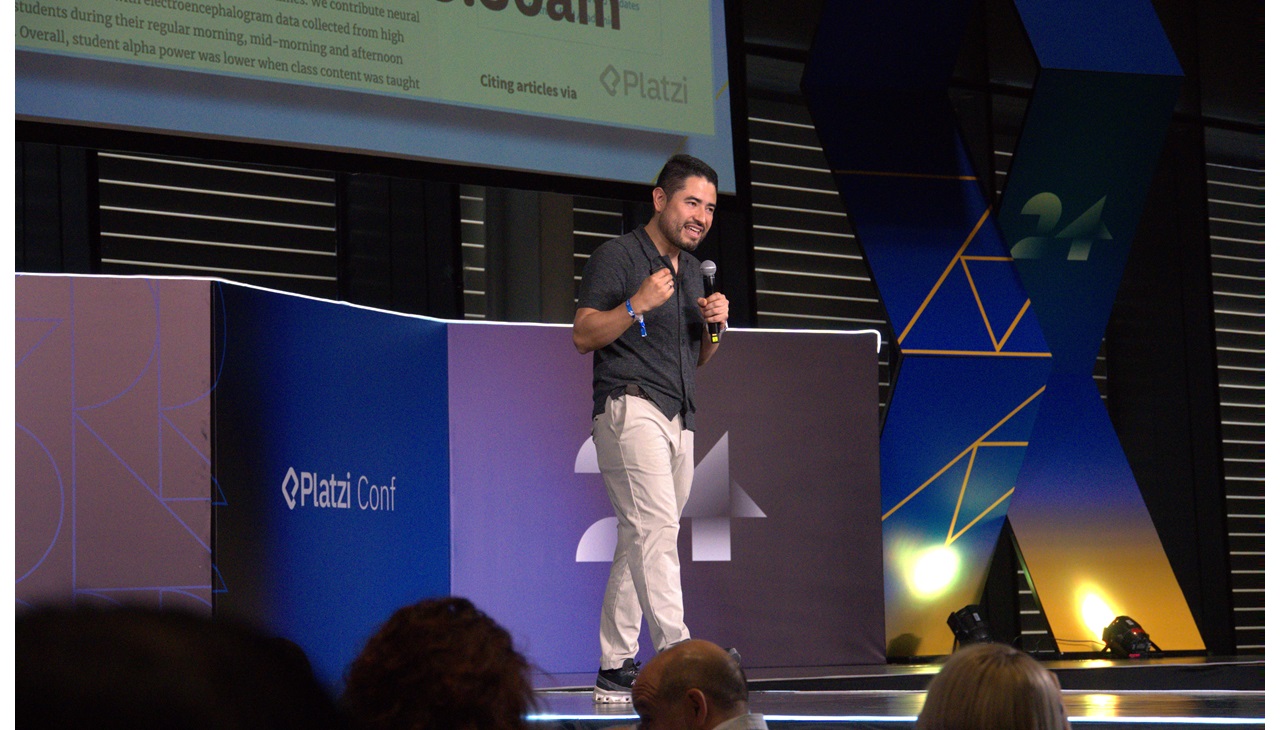
Henon: Expand access to Storefront Improvement Program
The city’s Storefront Improvement Program (SIP) isn’t at risk of going anywhere, but 6th District Councilman Bobby Henon wants to make it easier to use.
"Save SIP" is a bit of a misnomer. The city’s Storefront Improvement Program (SIP) isn’t at risk of going anywhere, but 6th District Councilman Bobby Henon wants to make it easier to use.
How it works: SIP reimburses small business owners for up to $10,000 in repairs to beautify their storefronts. The goal is to attract more customers to shop and more business owners to open up shop on the city’s many neighborhood business corridors.
Currently, SIP’s money comes via federal grant from the U.S. Department of Housing and Urban Development (HUD). Prevailing federal wages are attached to all on-site labor activity.
Numerous community organizations have received complaints about the laborious paperwork and other requirements for the program.
Councilman Henon’s office called the application and funding process “a bit onerous” in that it deters the use of what it otherwise a great program.
Working with the Philadelphia Association of Community Development Corporations (PACDC), Henon wants to “save SIP” by sourcing the program’s small budget ($535,000) from the city’s general fund.
The federal funding from HUD could then be redirected to other city projects, while city funding would lower the entry barriers for those using the program, according to Henon’s spokesman.
Through the Office of Neighborhood Economic Development, SIP targets 72 different commercial corridors, 63 of which are in low- to moderate-income neighborhoods. The office could not provide numbers of exactly how many businesses use the program.
“SIP is a transformative tool to enhance our commercial corridors,” Henon said. “Shifting how it is funded would allow us to expand access and allow more small businesses to participate."










LEAVE A COMMENT:
Join the discussion! Leave a comment.